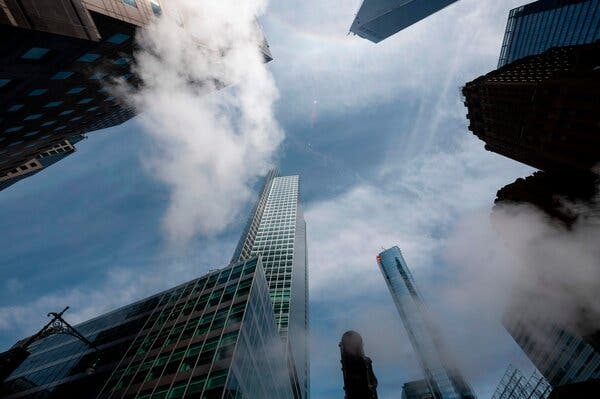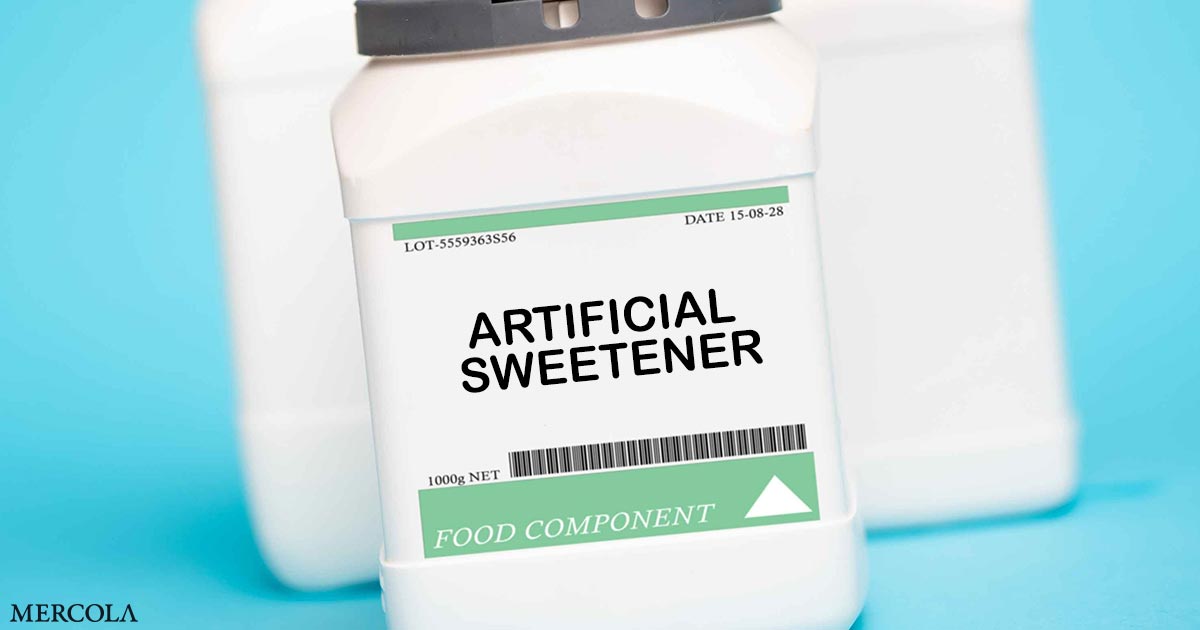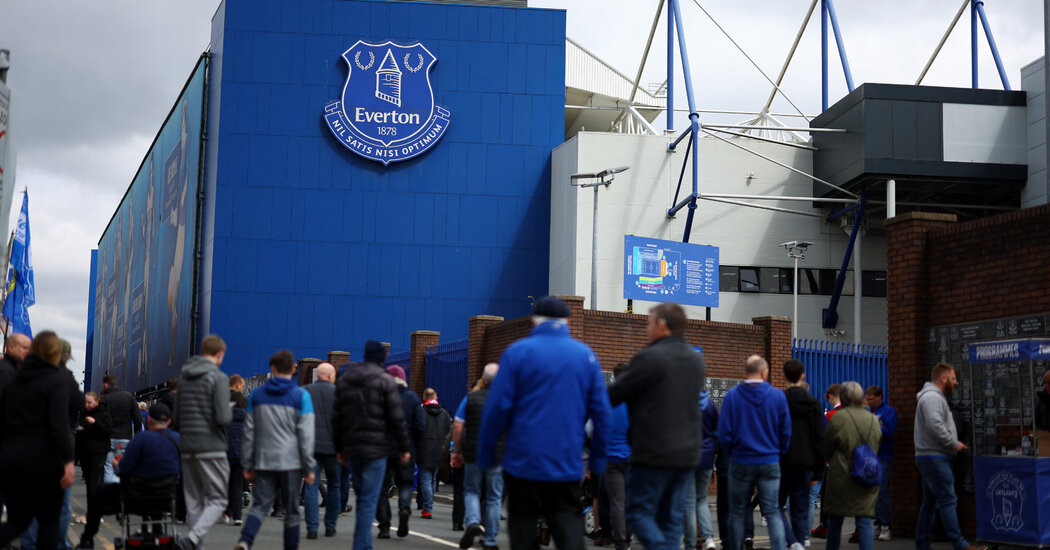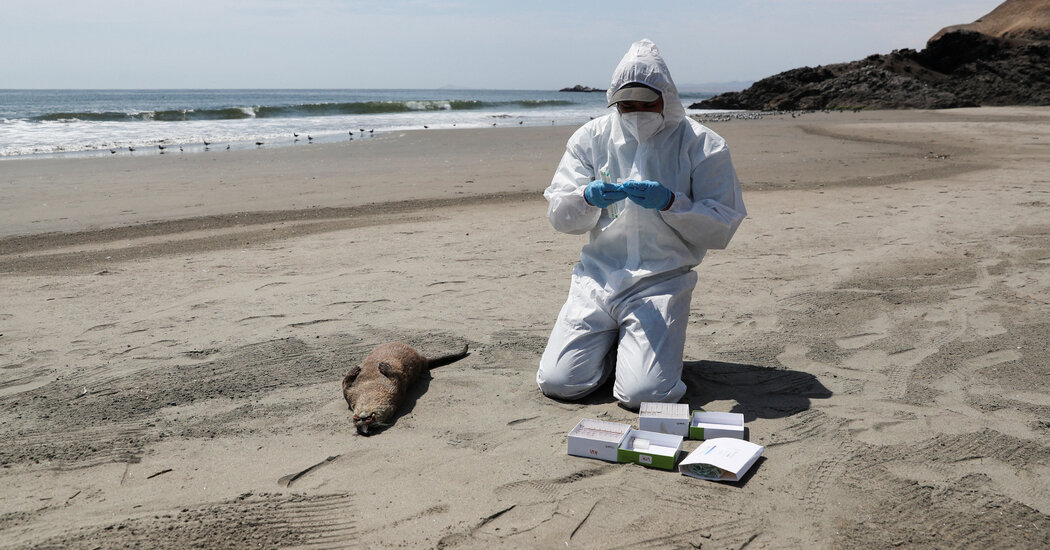

Goldman Sachs plans to ask most workers based in the United States and United Kingdom offices to return to the office in June, according to a person familiar with the matter, making it one of the first big banks to request an end to remote working.
In a memo expected to be sent to bank employees on Tuesday, Goldman officials will ask that workers “prepare” to return to the office during the second half of June, the person said. The memo will target employees who are based in the firm’s New York headquarters as well as other U.S. cities, including San Francisco and Dallas, and those in London, the person added.
Most employees at the big banks have been working from home since the pandemic began last year, but Goldman’s plans signal that some executives are eager to attempt a return to office life. JPMorgan Chase, the nation’s biggest bank, plans to open all its U.S. offices on May 17 for employees who wish to return voluntarily. That will be followed by a compulsory return in July, when workers will rotate in and out of the office in accordance with safety measures that will limit each office’s capacity. Bank of America has not yet announced to employees when a fuller return to the office is expected.
By: Ella Koeze·Data delayed at least 15 minutes·Source: FactSet
Stocks on Wall Street tumbled on Tuesday, led by a decline in big technology companies, as major indexes retreated from near-record territory.
The S&P 500 fell about 1 percent in early trading, with the index’s largest technology companies — Apple, Amazon, Alphabet, Tesla, and Facebook — dropping between 1 and 3 percent. The tech-heavy Nasdaq composite fell more than 2 percent.
Travel and cruise industry stocks were also sharply lower. Carnival and Norwegian Cruises Line fell more than 4 percent, while Marriott International and Las Vegas Sands fell by about 3 percent.
The Stoxx Europe 600 fell more than 1 percent, while the FTSE 100 in Britain gave up earlier gains to drop about 0.2 percent.
Oil prices bucked the trend, but were off their highest levels of the day. Brent crude gained 1.3 percent, to $68.41 a barrel. It has not closed above $70 barrel since late 2018. West Texas Intermediate rose more than 1 percent.
Infineon, a big producer of semiconductors in Germany, reported “booming” demand for chips as it posted strong quarterly results. But the company warned of continuing supply chain problems and its shares fell.
“Demand greatly exceeds supply for the majority of applications,” said the chief executive, Reinhard Ploss, in a statement. Even though its plants are running at “full speed,” he continued, the company still faced supply chain bottlenecks. “We are doing everything we can to provide our customers with the best possible support in this situation.”
The world’s largest oil producer, Saudi Aramco, reported a 30 percent rise in net income in the first quarter compared with the same period a year ago.
The company is joining other energy producers that reported strong earnings this quarter as oil prices continued their recovery from last year’s collapse.
“The momentum provided by the global economic recovery has strengthened energy markets,” Aramco’s chief executive, Amin H. Nasser, said in a statement. “Given the positive signs for energy demand in 2021, there are more reasons to be optimistic that better days are coming.”

Twitter plans to acquire the subscription service Scroll, the social media company announced on Tuesday, as it expands its plans for subscription offerings. The two companies declined to disclose the deal terms.
Scroll charges its users a fee to block advertising on participating news websites, then distributes a cut of its earnings to its partner publishers, which include USA Today, Vox and The Atlantic. Publishers can earn up to 50 percent more from the service than they do from advertising, Scroll contends. Twitter plans to integrate the service into its platform, and use its technology to build other subscription services.
“People come to Twitter every day to discover and read about what’s happening,” Mike Park, Twitter’s vice president for product, said in a blog post announcing the deal. “If Twitter is where so much of this conversation lives, it should be easier and simpler to read the content that drives it.”
In recent months, Twitter has begun to add paid subscriptions, and announced plans to introduce other subscriber features in the future.
In January, Twitter acquired Revue, a newsletter provider, and said it would take a 5 percent cut of subscription revenue. In February, the company revealed plans to introduce “Super Follows,” a feature that would allow Twitter users to place some of their content behind a pay wall. And this week, Twitter said it planned to add a ticketing feature to its audio chat, Spaces, so that hosts can charge listeners for entry into their discussions.
Twitter plans to supplement its advertising revenue with revenue from subscriptions, and has raced to add content like newsletters and audio chats that it thinks audiences will pay for. Its acquisition of Scroll will add journalism to that list.
“For every other platform, journalism is dispensable. If journalism were to disappear tomorrow their business would carry on much as before,” Tony Haile, Scroll’s chief executive, wrote in a blog post. “Twitter is the only large platform whose success is deeply intertwined with a sustainable journalism ecosystem.”

The chief executive of Epic Games offered a granular explanation of the popular game Fortnite to paint an expansive portrait of his company’s world on the first day of what is expected to be a three-week trial, pitting Epic against Apple in a fight over Apple’s App Store fees and other rules that could reshape the $100 billion app economy.
Fortnite, Tim Sweeney said, “is a phenomenon that transcends gaming,” Erin Griffith reports for The New York Times.
“Our aim of Fortnite is to build something like a metaverse from science fiction,” he said.
Metaverse? A court reporter needed clarification. It’s a virtual world for socializing and entertainment, Mr. Sweeney said.
In a mostly empty courtroom in Oakland, Katherine Forrest of the law firm Cravath, Swaine & Moore opened Epic’s case by previewing a series of emails between Apple’s top executives. The emails were evidence, Ms. Forrest argued, that the tech giant purposely created a “walled garden” that locks consumers and developers inside. That forces them to use Apple’s payment system, she said.
Once Apple lured users and developers into its walled garden, “the garden gate was closed, the lock turned,” Ms. Forrest said. She compared Apple’s fees on in-app purchases for subscription services to a car dealership that takes a commission on gas sales.
Apple’s lawyers described, in their opening statement, a thriving market for app distribution that includes gaming consoles, desktop computer gaming and the mobile web. Karen Dunn of Paul, Weiss argued that the 30 percent commission was in line with industry standards and that Epic’s requests, if granted, would make iPhones less secure, while unlawfully forcing Apple to do business with a competitor.
Ms. Dunn added that Epic’s case was a self-serving way to avoid paying fees it owed Apple and was on shaky legal footing.

On Tuesday, Pfizer announced that its Covid vaccine brought in $3.5 billion in revenue in the first three months of this year, nearly a quarter of its total revenue. The vaccine was, far and away, Pfizer’s biggest source of revenue, report Rebecca Robbins and Peter S. Goodman of The New York Times.
The company did not disclose the profits it derived from the vaccine, but it reiterated its previous prediction that its profit margins on the vaccine would be in the high 20 percent range. That would translate into roughly $900 million in pretax vaccine profits in the first quarter.
Pfizer has been widely credited with developing an unproven technology that has saved an untold number of lives.
But the company’s vaccine is disproportionately reaching the world’s rich — an outcome, so far at least, at odds with its chief executive’s pledge to ensure that poorer countries “have the same access as the rest of the world” to a vaccine that is highly effective at preventing Covid-19.
As of mid-April, wealthy countries had secured more than 87 percent of the more than 700 million doses of Covid-19 vaccines dispensed worldwide, while poor countries had received only 0.2 percent, according to the World Health Organization. In wealthy countries, roughly one in four people has received a vaccine. In poor countries, the figure is one in 500.

Eleven Madison Park, the Manhattan restaurant that has been called the best in the world, will serve an all-plant-based menu when it reopens after more than a year of being closed because of the pandemic.
Eleven Madison Park’s multicourse menu will keep its prepandemic price of $335, including tip, Brett Anderson and Jenny Gross report for The New York Times.
Daniel Humm, Eleven Madison Park’s chef, said the decision is the result of a yearslong re-evaluation about where his career was headed, which reached its breaking point during the pandemic.
“It became very clear to me that our idea of what luxury is had to change,” Mr. Humm said. “We couldn’t go back to doing what we did before.”
While the restaurant’s ingredient costs will go down, labor costs will go up as Mr. Humm and his chefs work to make vegan food live up to Eleven Madison Park’s reputation. “It’s a labor intensive and time consuming process,” he said.
It marks a striking departure for one of the most lavishly praised American restaurants of the past 20 years. Though Mr. Humm still offers plenty of red meat at his London restaurant, Davies and Brook at Claridge’s hotel, the move at Eleven Madison Park — which has four stars from The New York Times and three from Michelin — suggests how different fine dining may look as restaurants reopen and reimagine themselves.
24World Media does not take any responsibility of the information you see on this page. The content this page contains is from independent third-party content provider. If you have any concerns regarding the content, please free to write us here: contact@24worldmedia.com

Why Constipation Is on the Rise

Mistakes To Avoid When Planning for Retirement

‘To the Future’: Saudi Arabia Spends Big to Become an A.I. Superpower

Antidepressants: What to Know About Uses and Side Effects

Is Eating Eggshells Beneficial?

How hockey helped make J.J. McCarthy one of NFL Draft’s most intriguing prospects

Aspartame Classified as 'Possibly Carcinogenic'

What To Check When You Find Fluid Leaking From Your Car

Why You Want More Carbon Dioxide

Mark Clattenburg: The celebrity referee turned PGMOL agitator… via Gladiators

Everton Is Back on Market as Deal With 777 Partners Falters

Bird Flu Is Infecting More Mammals. What Does That Mean for Us?